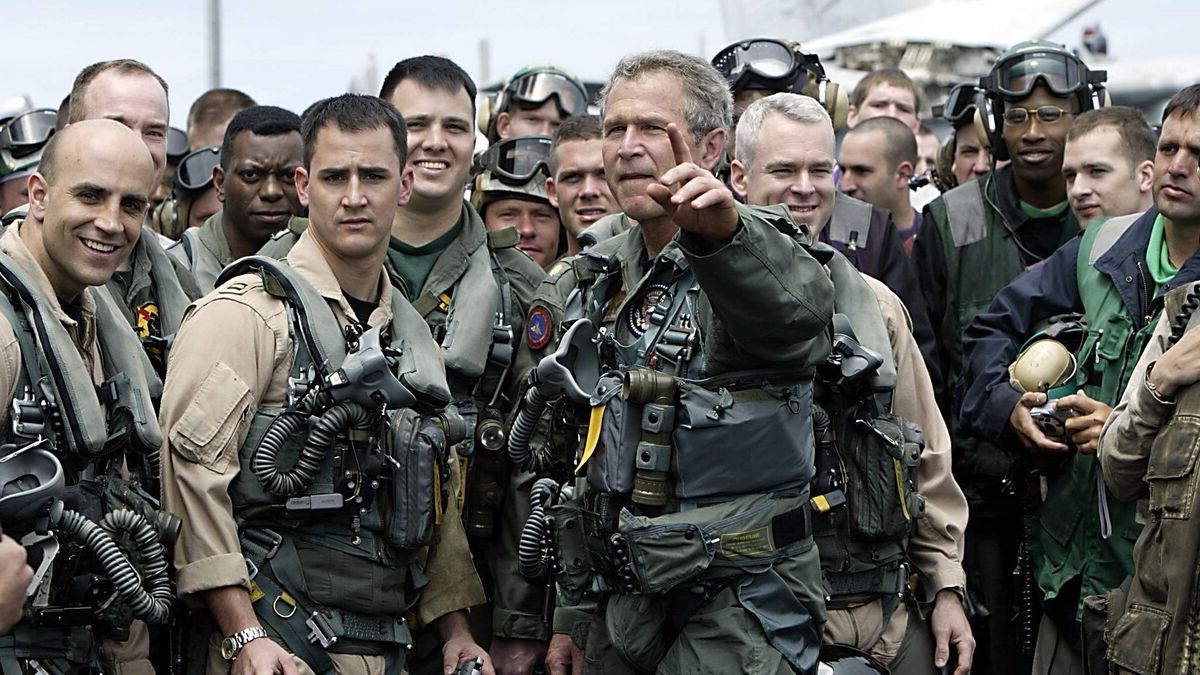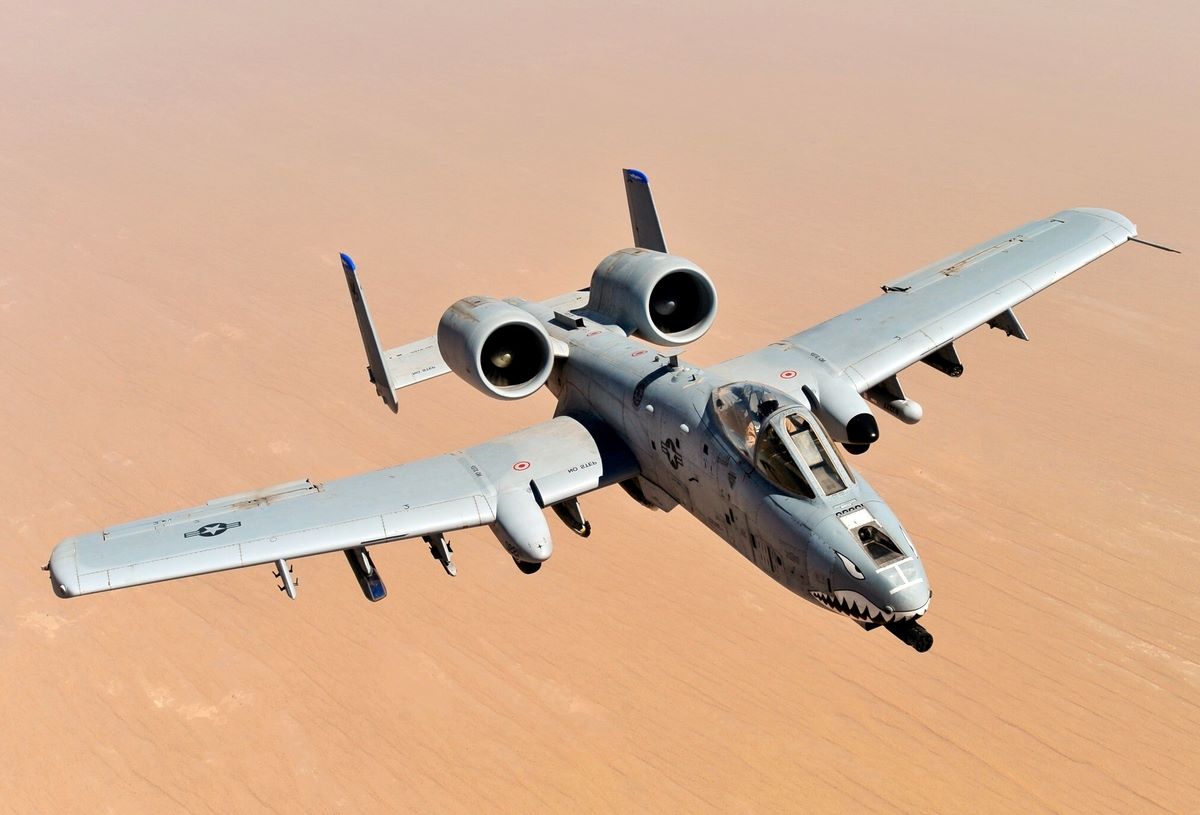
Understanding the Iraq War, which spanned from 2003 to 2011, requires delving into a complex period marked by conflict, political decisions, and global reactions. This military endeavor, initiated by the United States and its allies, aimed to dismantle the regime of Saddam Hussein under the belief that it possessed weapons of mass destruction. Despite the controversy surrounding its justification, the war significantly impacted Iraq’s infrastructure, society, and the broader Middle East. In this post, we’ll uncover 25 key facts about the Iraq War, shedding light on its causes, major events, and aftermath. These insights aim to provide a clearer picture of a war that reshaped international relations and left a lasting imprint on the world stage.
What Sparked the Iraq War?
The Iraq War, also known as the Second Gulf War, was initiated by the United States alongside coalition forces from the United Kingdom and other countries. This military campaign was launched in March 2003. The primary justification given for the invasion was Iraq’s alleged possession of weapons of mass destruction (WMDs) and its supposed ties to terrorist groups, notably Al-Qaeda. Despite extensive searches, no substantial evidence of WMDs was found, leading to widespread controversy and criticism of the war.
- The Iraq War began on March 20, 2003, when coalition forces led by the United States invaded Iraq.
- The main reason for the invasion was the accusation that Iraq possessed weapons of mass destruction and had links to terrorism.
Key Events During the Iraq War
The Iraq War was marked by several key events that shaped its course and outcome. One of the most significant was the capture of Baghdad, the capital of Iraq, by coalition forces in April 2003. This event led to the toppling of Saddam Hussein’s regime. Another pivotal moment was the capture of Saddam Hussein himself in December 2003, which was seen as a major victory for the coalition forces.
- Coalition forces captured Baghdad in April 2003, effectively ending Saddam Hussein’s rule.
- Saddam Hussein was captured on December 13, 2003, in a small underground hideout near his hometown of Tikrit.
The Human Cost of the Iraq War
The Iraq War had a profound human cost, affecting soldiers, civilians, and entire communities. Thousands of coalition soldiers lost their lives, and Iraqi civilian casualties were in the hundreds of thousands. The war also led to significant displacement, with millions of Iraqis forced to flee their homes.
- Over 4,400 U.S. military personnel were killed during the Iraq War.
- Estimates of Iraqi civilian deaths vary, but some sources suggest that up to 200,000 civilians may have died as a result of the conflict.
- More than 2 million Iraqis were displaced internally, with another 2.5 million fleeing to neighboring countries.
The Impact on Iraq’s Infrastructure
The war had a devastating impact on Iraq’s infrastructure, including its historical sites, healthcare system, and essential services like water and electricity. Reconstruction efforts have been ongoing, but the damage has had long-lasting effects on the country’s development and the well-being of its citizens.
- Significant parts of Iraq’s infrastructure were destroyed, including roads, bridges, and power plants.
- The conflict led to the looting and damage of thousands of Iraq’s archaeological sites, some of which dated back to the cradle of civilization.
Withdrawal of Coalition Forces
The official end of the Iraq War came with the withdrawal of U.S. troops in December 2011. This marked the conclusion of nearly nine years of military engagement in Iraq. However, the country has continued to face challenges, including political instability and the rise of new terrorist groups like ISIS.
- U.S. troops officially withdrew from Iraq in December 2011, marking the end of the Iraq War.
- Despite the withdrawal, Iraq has continued to experience political instability and the emergence of new security threats, including ISIS.
Legacy and Controversy
The Iraq War remains one of the most controversial conflicts of the early 21st century. Its justification, conduct, and consequences have been the subject of intense debate and criticism. The war significantly affected international relations and shaped global policies on military intervention and counterterrorism.
- The failure to find weapons of mass destruction in Iraq led to widespread criticism and questioning of the war’s justification.
- The Iraq War has had a lasting impact on international relations, particularly regarding the use of military force and the doctrine of preemptive strike.
- The war significantly influenced global counterterrorism strategies and policies, reshaping how nations address the threat of terrorism.
- The financial cost of the Iraq War to the United States is estimated to be over $2 trillion, including long-term care for veterans and interest on borrowed funds.
- The conflict led to a reevaluation of intelligence gathering and analysis processes in the U.S. and other coalition countries.
- The war’s aftermath saw a rise in sectarian violence within Iraq, further complicating the country’s path to stability and peace.
- The Iraq War contributed to the destabilization of the Middle East, influencing the political landscape and contributing to the rise of extremist groups.
- The war’s impact on veterans, including issues related to mental health and reintegration into civilian life, has been significant and ongoing.
- The use of private military contractors in the Iraq War marked a significant shift in how military operations are conducted, raising questions about accountability and ethics.
- The conflict led to significant advancements in military technology and tactics, particularly in urban warfare and counterinsurgency operations.
- The Iraq War spurred a global anti-war movement, with millions of people around the world protesting against the invasion and subsequent occupation.
- The war had a profound impact on Iraqi society, including changes in gender roles, with many women taking on new responsibilities as men went off to fight or were killed.
- The environmental impact of the Iraq War has been severe, with pollution from military operations and damaged infrastructure affecting air, water, and soil quality.
- The cultural loss due to the destruction of historical sites and artifacts during the Iraq War has been a tragedy, with some losses considered irreplaceable to human history and heritage.
A Final Look at the Iraq War’s Legacy
Reflecting on the Iraq War, we’ve journeyed through a complex chapter of modern history. This conflict reshaped geopolitical landscapes, altered lives, and left indelible marks on both Iraqi and international communities. From the initial invasion in 2003 to the withdrawal of combat troops in 2011, its repercussions are still felt today. Understanding these 25 facts gives us a glimpse into the multifaceted nature of the war, highlighting the human, political, and social dimensions that textbooks often overlook. As we move forward, let’s carry these lessons with us, remembering the importance of critical thinking and empathy in interpreting world events. The Iraq War, with its controversies and impacts, reminds us of the ongoing need for dialogue, peace, and reconciliation in a world too often divided by conflict.
Was this page helpful?
Our commitment to delivering trustworthy and engaging content is at the heart of what we do. Each fact on our site is contributed by real users like you, bringing a wealth of diverse insights and information. To ensure the highest standards of accuracy and reliability, our dedicated editors meticulously review each submission. This process guarantees that the facts we share are not only fascinating but also credible. Trust in our commitment to quality and authenticity as you explore and learn with us.


